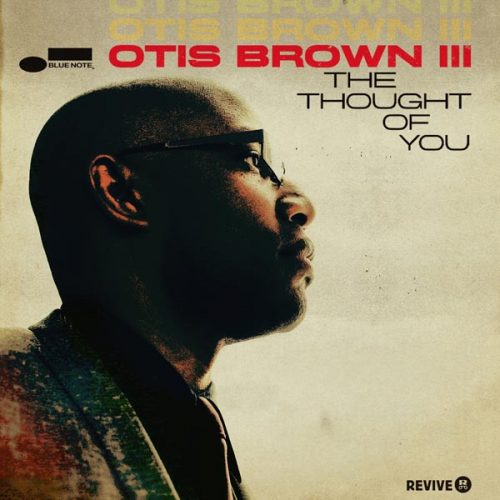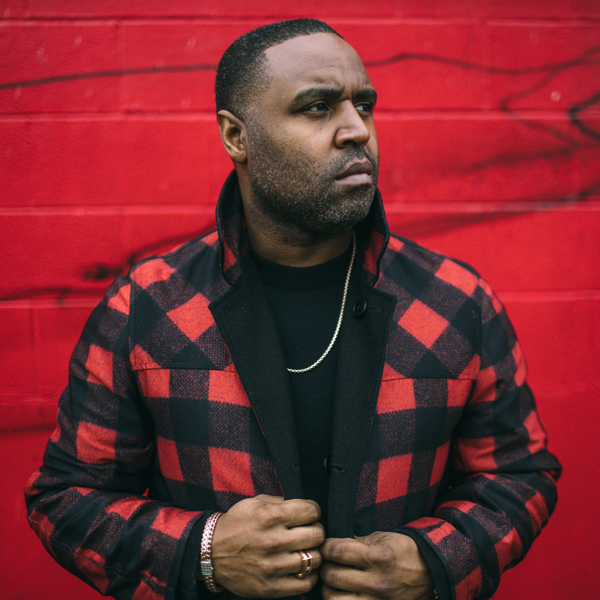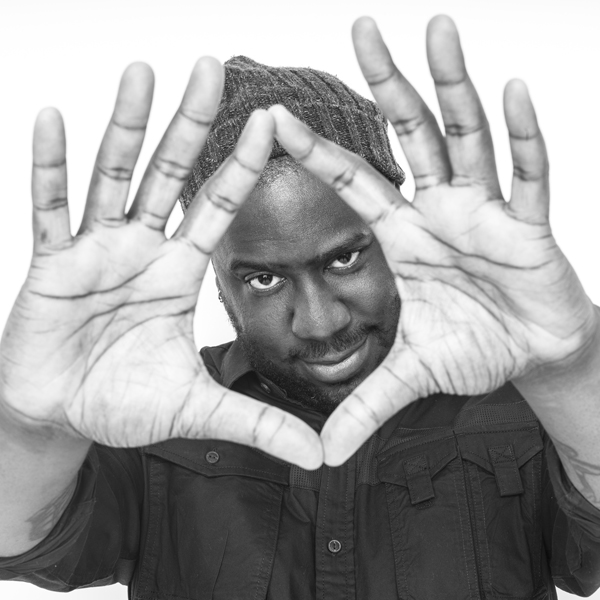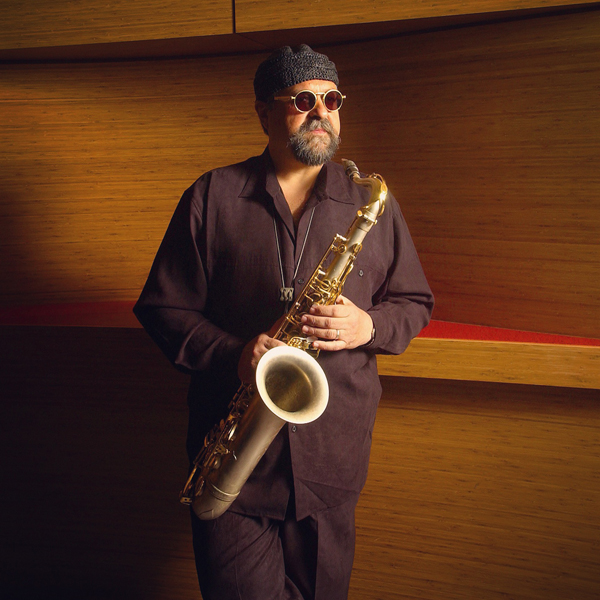The son of musicians and music educators, New Jersey native Otis Brown III grew up to the sounds of jazz, gospel, funk and rhythm and blues. His father, a jazz band instructor, played with James Brown and Al Green. His mother, an educator who also served as principal at Newark’s Arts High School (alma mater to jazz greats Sarah Vaughan and Wayne Shorter), was also a choir director and classically trained pianist. One could surmise that Brown had no choice in the matter when it came to his profession, yet he felt no pressure by his musically-immersed childhood. “I think they understood that it has to, in a way, choose you; you can’t really force it on somebody,” says Brown of a career in music. “My parents were great about that.”
After playing saxophone and drums in school and church, and attending Delaware State University as music major, Brown crossed paths with jazz icon Donald Byrd and his course was dramatically altered. Byrd, who was Artist in Residence at DSU, convinced Brown to think beyond a career in music education and go to New York City to be in the thick of things. “It was life changing,” says Brown, who after studying at The New School for Jazz and Contemporary Music and the Thelonious Monk Institute, caught the attention of Joe Lovano. Initially subbing for Lewis Nash and Idris Muhammad in Lovano’s bands, Brown became a founding member of Lovano’s Us Five quintet, recording three albums, including the GRAMMY-nominated Bird Songs. “We’ve had a beautiful communication and the concentration is there but it’s not stiff; it’s very free and open, so we can contribute together in the music,” says Lovano. “There’s a lot of trust that has to happen when you play with people over a length of time like that, and it’s a natural thing, and that’s been happening with Otis all these years, it’s beautiful.”
Esperanza Spalding holds Us Five’s bass chair, and the musical camaraderie shared with Brown resulted in his joining her band and recording on her debut album. “He always gave and gives one hundred and ten percent of himself musically on the bandstand,” says Spalding, which is a sentiment inspired by most every musician who encounters Brown. “You always get the feeling playing with him, about the humility in his spirit and his willingness to do whatever it takes to take the music to its highest level,” says Ben Williams, who worked with Otis as the rhythm section of pianist Gerald Clayton’s trio. That humility is rooted in Brown’s faith which is his personal and professional foundation. “It’s critically important for me; it’s the reason I play,” says Brown. “Without sounding contrived, I think it’s super important for how we try to raise our children, and just for every aspect of life, and music is one of those aspects and avenues for me. Without it, it would be pointless to me. It’s the reason for everything I do.”







